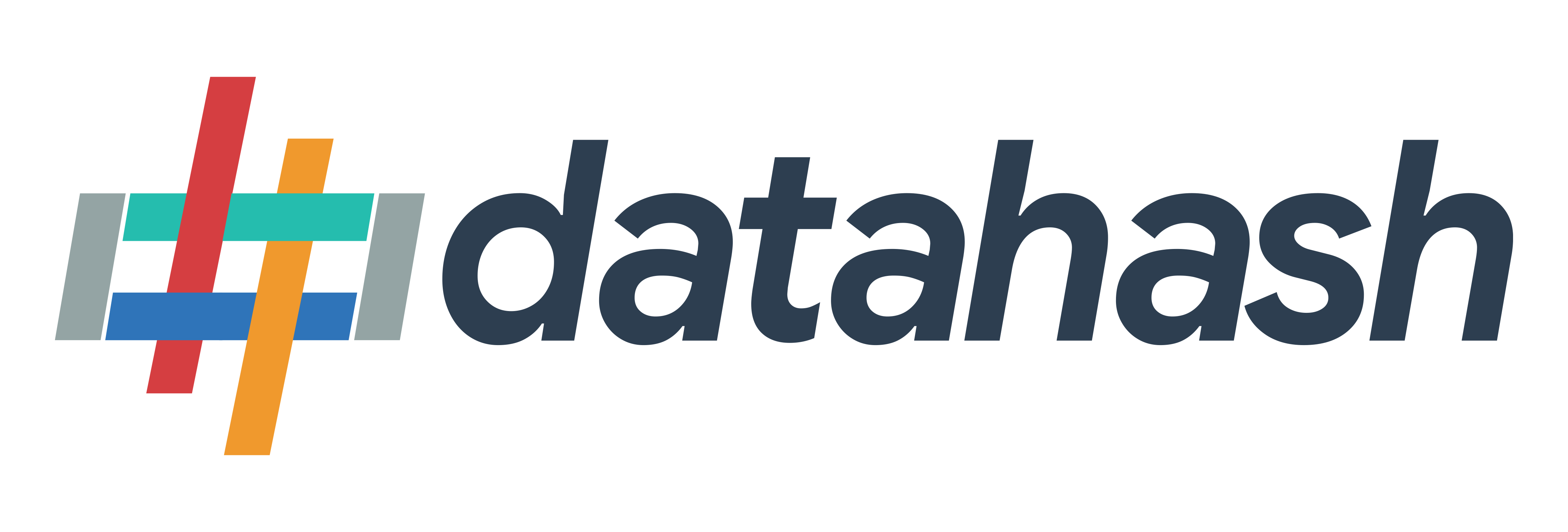How Does Data Consent Serve as a Crucial Instrument for Balancing Privacy Protection and Trust Building in the Digital Age?
Data Consent: Preserving Privacy and Building Trust
In an era where personal information has become a valuable commodity, data consent has emerged as a legally and morally binding agreement that safeguards individuals’ rights to privacy. This agreement allows organizations to collect, handle, or use personal information for specific purposes, but only with the informed and voluntary agreement of the individuals involved.
Data consent is a critical component of data protection laws, with the General Data Protection Regulation (GDPR) being a prominent example. It serves as a way to preserve individuals’ control over their personal data and to build trust in data management procedures.
The consent process requires organizations to offer clear explanations of how the data will be utilized. This ensures that individuals have a thorough understanding of the purposes for which their data is being collected and the potential risks associated with it. Organizations must also obtain consent in a manner that leaves no room for doubt, ensuring that individuals are fully aware of the agreement they are entering into.
One of the key principles of data consent is that individuals have the freedom to withdraw their consent at any time. This empowers individuals to regain control over their personal information if they feel uncomfortable or no longer wish for their data to be used by the organization. It is essential for organizations to respect this right and to provide clear and easily accessible mechanisms for individuals to withdraw their consent.
Obtaining and documenting consent correctly is of utmost importance for organizations to comply with privacy laws and uphold individuals’ rights to data confidentiality and security. Consent should be obtained in a manner that is transparent, unambiguous, and freely given. It should not be a condition for accessing a service unless the data is necessary for the provision of that service. Organizations must also ensure that they keep records of consents, including the date, time, and the exact nature of the agreement.
Data consent goes beyond legal compliance. It has an ethical dimension as well. It recognizes that individuals have the right to control the use and dissemination of their personal information. By seeking informed consent, organizations acknowledge the autonomy and dignity of individuals, treating them as active participants rather than passive subjects in the data ecosystem.
Furthermore, data consent plays a crucial role in building trust between individuals and organizations. In an era where data breaches and misuse of information have become a regular occurrence, the ability to give and withdraw consent provides individuals with a sense of security and control. It assures them that their personal information will be handled with care and used only for legitimate purposes.
In conclusion, data consent is an integral part of protecting individuals’ privacy and building trust in data management practices. It recognizes the rights of individuals to control the use of their personal data and allows organizations to collect, handle, or use data for specific purposes, with the informed and voluntary agreement of the individuals involved. By obtaining and documenting consent correctly, organizations not only comply with privacy laws but also demonstrate their commitment to data confidentiality and security. Ultimately, data consent serves as a powerful tool in fostering a transparent and trust-based relationship between individuals and organizations.












